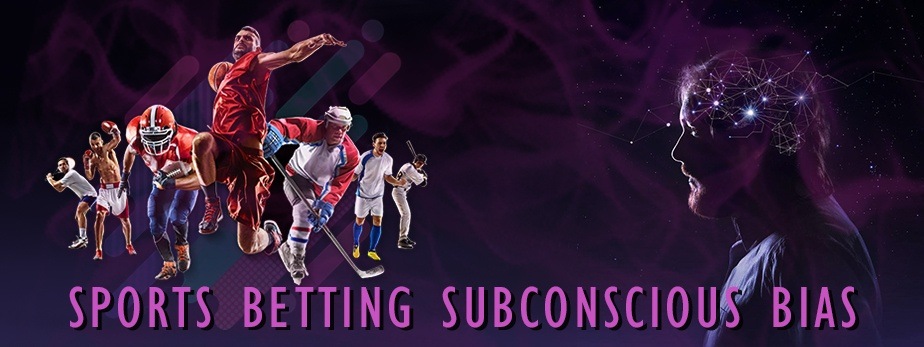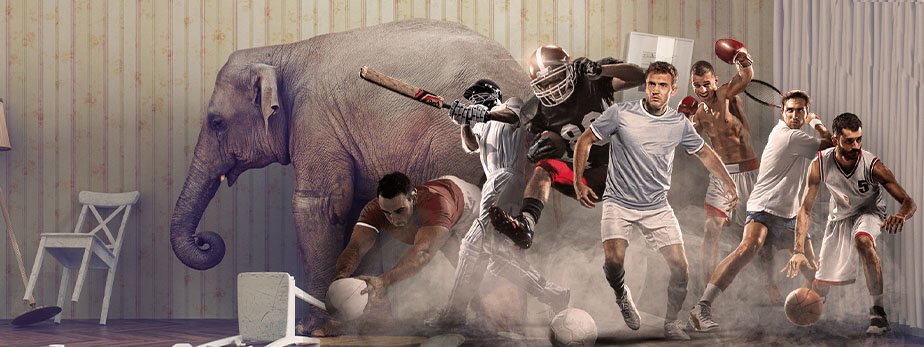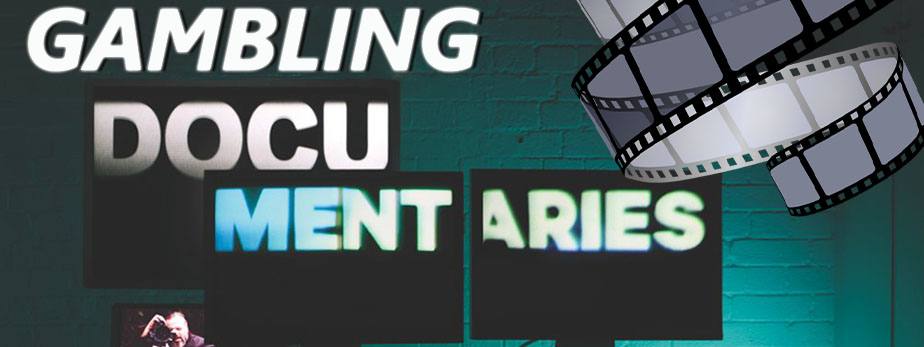Overcoming Your Sports Betting Biases
You may think that you know your own mind when it comes down to placing a sports bet, so it may come as a surprise to you to find out that often you don’t.
Wrong choices happen because of something called "cognitive bias", which in human terms means that decision-making is affected by subconscious factors.
We think this can be specifically related to sports betting choices, so we have looked into it for you.
Scientifically Researched Reasoning
Biases can manifest themselves in various ways, which scientists have conveniently labelled into these categories:
- Better’s Fallacy
- Recency Bias
- Outcome Bias
- Confirmation Bias
- Availability Heuristic
- Affect Heuristics
Some of them cross over into each other, so we have selected four and even renamed them for you.
Better’s Fallacy Aka ‘Choosing to Ignore The Facts’
This phenomenon occurs when you think that because an event has happened multiple times in the past, it will be different next time.
Example: Coin Tossing
If you toss a coin ‘x’ times (the number is irrelevant here, but let’s take seven times) and it lands on ‘Tails’ every time, does that mean it is more likely to fall on ‘Heads’ for the next toss?
90% of people would most likely say yes, but the probability is still 1:2 or 50/50, regardless of previous results.
When your favourite player/team/horse has lost five consecutive events, then you may be confident they will win next time. However, it is because you want them to, not because there is any other logic to assuming they will.
Be RATIONAL; nobody wins at sports betting based by wagering on what they think should happen.
Confirmation Bias Aka ‘Everyone Thought it Was a Good Bet’
Another bias that’s extra-prevalent in sports betting.
You spot an opportunity that looks great, so you seek confirmation that it is.
Example: Horse Racing
You spot a racehorse, it could be one that has won for you previously, or happens to have a name with some ‘meaning’ for you. The odds are appealing, so you check the horse out in your tip sites, or chosen media format for that race and all seems reasonable, but the horse trails in last.
What you may have failed to do, is to follow up the background of the horse, it may have had an injury and be returning to form, have shown promise in previous races, but fell in the last or perhaps it only runs well on clockwise tracks
ANALYSIS is paramount, always evaluate every bet carefully for yourself; others may have a hidden agenda for their support.
Recency Bias Aka ‘Making a (Wrong) Assumption’
As the title suggests, this issue relates to your perception of recent results.
Example: Boxing
Your favourite boxer has dramatically won his last four fights with an early-round knockout and the media indicates that he could easily do so again, so you bet accordingly because odds for a straight win are not worth taking.
However, this time his opponent is much better and the match goes the full distance so that the result will depend on points over the rounds.
Always THEORISE, perhaps if you had looked better at the opponent’s stats, you would have seen that although he is unlikely to win, he is also unlikely to go down early either.
The Affect Heuristic Aka ‘Letting Your Heart Rule Your Head’
Emotions are hard to ignore, so this is perhaps the most challenging bias to recognise and to curb.
Example: Football fans are the most guilty of this. You always bet on your favourite team to win, even when logic says they are going to lose. Your next-door neighbour’s sister’s son is in a low-ranking squad, but you wager because of a tenacious link and the list goes on.
It is an inherent human trait that we sometimes allow our emotions to take over from pure logic, but sports betting is not a place for them.
In a nutshell, STATISTICS works, starry eyes don’t.
Scientific Answers to The Problem
No matter how disciplined we try to be, cognitive biases are very tricky to overcome entirely, but they are controllable.
Some studies have suggested that biased decision-making can be reduced with the use of "de-biasing" videos or by playing certain computer games. Others maintain that those methods are completely ineffective.
Other advice includes creating an algorithm to ‘think’ for you, using ‘blind’ statistics that only show facts or figures and ignoring small samples of information.
Our Answer to The Problem
The solution we have come up with is a very straightforward one: RATS
- Rationality
- Analysis
- Theory
- Statistics
So there you go, we solved all of your problems with one easy word (or acronym to be grammatically correct). But in all seriousness, those four words are potentially your key to more success with your sports betting.

Tracy started writing for us in early 2017 and is a crucial player within our team. She’s the editor of our Blog and regularly writes other articles. Tracy’s online gambling insights are born out of years of real-world experience as a Croupier overseeing table games.

 Blog Home
Blog Home
 Privacy Policy
Privacy Policy
 About Us
About Us








